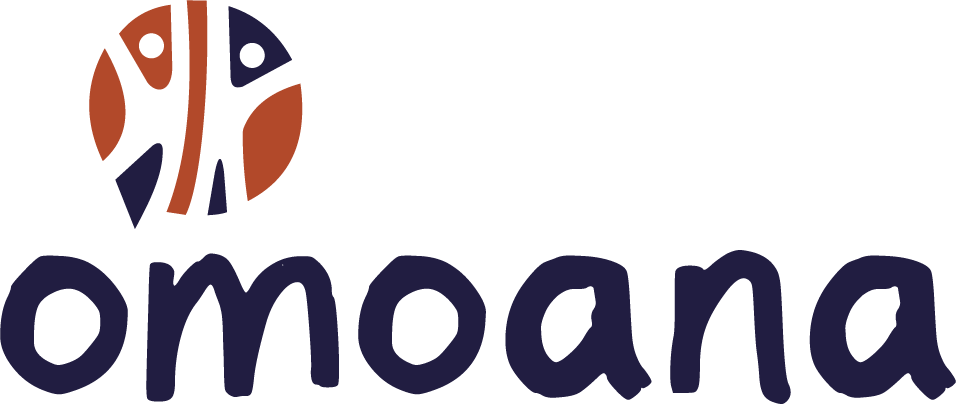Since September 2022, Omoana has been implementing a participatory process with his partners with the aim of improving their practice in psychosocial support and violence prevention with young people. This process aims to look at the lessons learned from past and current activities in order to propose improvements. It has taken place thanks to funding from the “Sharing Knowledge” fund of the Fédération Genevoise de Coopération (FGC).
Our partners in Uganda run activities to develop young people’s social skills. Improving self-confidence, communicating with friends, family and the community and managing emotions are all aspects of life that can be worked on to build resilience in the face of adversity. At several levels, our partners also address different types of violence that affect certain vulnerable groups of children and young people, whether physical, verbal, emotional or economic. Preventing discrimination against people living with HIV/AIDS, combating gender-based violence and raising awareness of the mental health condition of people formerly affiliated to armed groups are all specific issues that have been addressed for many years. Admittedly, our partners do not all work with the same population groups. However, the mechanisms of oppression are often the same. There is considerable potential for exchanging best practice when it comes to preventing and responding to violence of all kinds.
"Through discussions, games and exercises, these interactive sessions have been designed to help young people question their relationships with themselves and with others, so that they can develop their own resources in the face of adversity and see difference as an asset".
— Adrien Genoud, Director of Omoana
Developing social skills and preventing violence among young people
Creating interactive sessions for young people
Between September 2022 and January 2023, Omoana and its partners worked on technical sheets for conducting group sessions with young people on the following themes: Self-awareness- Self-confidence- Emotions- Stress management- Anger management- Conflict management- Mechanisms of discrimination- Trust- Collaboration- Healthy and toxic friendships- Social networks- Inclusion of people living with HIV/AIDS- Gender-based violence- Inclusion of people living with disabilities- Inclusion of people formerly affiliated to armed groups. The social workers and former beneficiaries, who are now active as mentors for other young people, have set up new sessions with the support of Omoana. In February 2023, they presented them to the other partners at a workshop. Using discussions, games and exercises, these interactive sessions were designed to help young people question their relationships with themselves and with others, so that they can develop their own resources in the face of adversity and see difference as an asset.
Testing solutions through Forum Theatre
During these workshops, participants also received introductory training in forum theatre. Forum theatre is an interactive technique that forms part of the Theatre of the Oppressed, developed by Augusto Boal in Brazil. It enables the creation and presentation of short scenes linked to social issues that expose a situation that needs to be changed. After an initial performance, the audience is invited to replace an actor on stage and try to change the situation, while the performance is replayed. Other actors respond by adapting their character, maintaining or adjusting their power of oppression or exploitation in relation to what has been changed. Forum Theatre offers a way of testing solutions through action. The audience makes and evaluates all the choices. During the workshop, the participants particularly appreciated this tool, which they will use in parallel as part of their activities with young people to address the social issues mentioned above.
This process finally led to the creation of the “Youth together” manual, which will provide partners with a framework for conducting sessions with young people. It will also make this new method deployable in other contexts and projects.
If you would like to receive the manual, please fill in the form at the end of the project page HERE.


